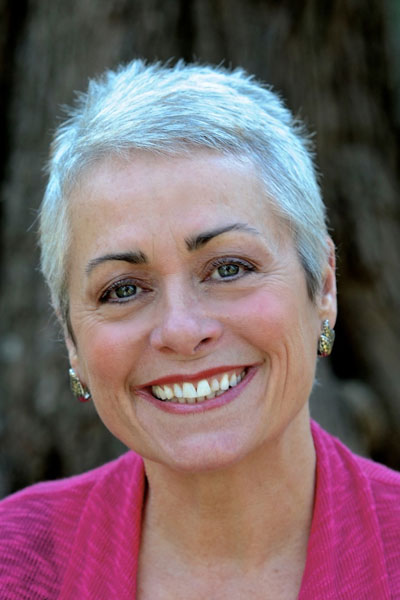
Travels of a Gnawa Drum from Merzouga, Morocco
I was minding my own business, hanging on the wall of the Gnawa House in Merzouga, Morocco, when this group wandered in to see our show. For those of you not familiar with this music:
Gnawa is the music of formerly enslaved black Africans who integrated into the Moroccan cultural and social landscape, and founded a model to preserve the traditions and folkloric music of their ancestors. Rising to prominence from a marginalised practice to heal people possessed by genie spirits, it is one of the most popular styles of North African music. The roots of the music are recognisably African in the drumming, the unique metallic castanets, the three-stringed bass lute (guembri), as well as the mosaic gowns and caps worn by musicians mostly decorated with cowry shells. (Al Jazeera, 2015)



